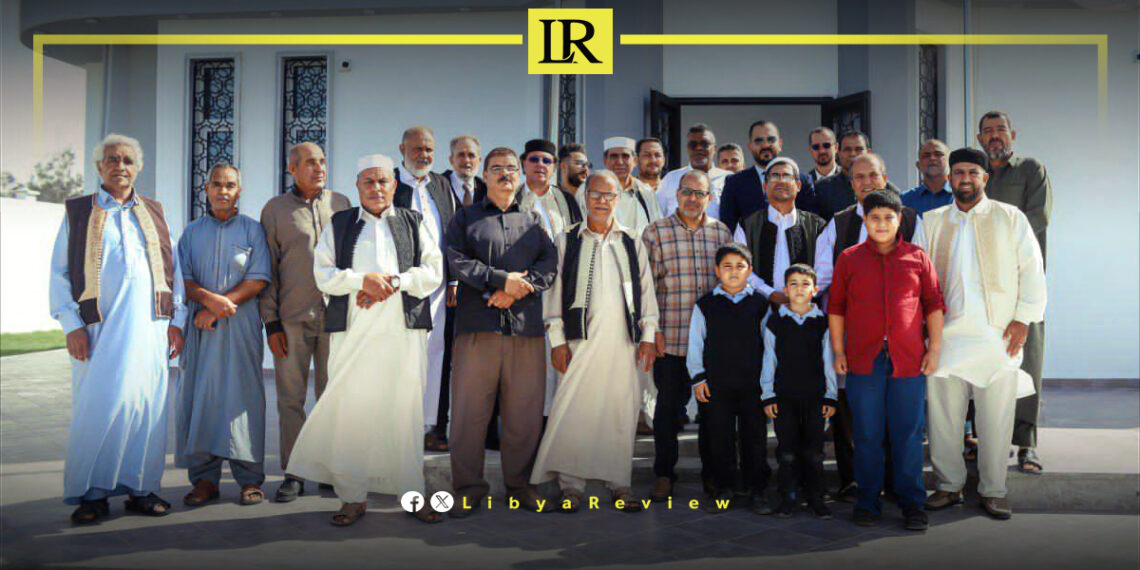The Sirte Health Services Administration in Libya has announced the opening of four new healthcare facilities in the locations of Al-Rabat, Abu Zahiya, the Second Residential Area, and the Primary Healthcare Center.
These centers have been renovated, expanded, and equipped with modern and international medical devices and equipment, aiming to enhance the medical services provided.
According to a statement from the Health Services Administration, these centers feature clinics equipped for various medical specialties, including cardiology, internal medicine, surgery, women’s health, pediatrics, a medical pharmacy, dental clinics, radiology and digital imaging departments, modern laboratories for medical analysis, and well-equipped emergency rooms.
The newly opened Primary Healthcare Center in Sirte includes several medical clinics for newborns and women, rooms for mandatory vaccinations for newborns, and a medical room for diabetes and health certificates.
The administration noted that these facilities were maintained and medically, technically, and technologically equipped by the National Development Agency, signifying a significant step towards improving healthcare accessibility and quality in Sirte.
Libya has been in chaos since a NATO-backed uprising toppled longtime leader Muammar Gaddafi in 2011. The county has for years been split between rival administrations.
Libya’s economy, heavily reliant on oil, has suffered due to the ongoing conflict. The instability has led to fluctuations in oil production and prices, impacting the global oil market and Libya’s economy.
The conflict has led to a significant humanitarian crisis in Libya, with thousands of people killed, and many more displaced. Migrants and refugees using Libya as a transit point to Europe have also faced dire conditions.
The planned elections for December 2021 were delayed due to disagreements over election laws and the eligibility of certain candidates. This delay has raised concerns about the feasibility of a peaceful political transition.
Despite the ceasefire, security remains a significant concern with sporadic fighting and the presence of mercenaries and foreign fighters. The unification of the military and the removal of foreign forces are crucial challenges.


